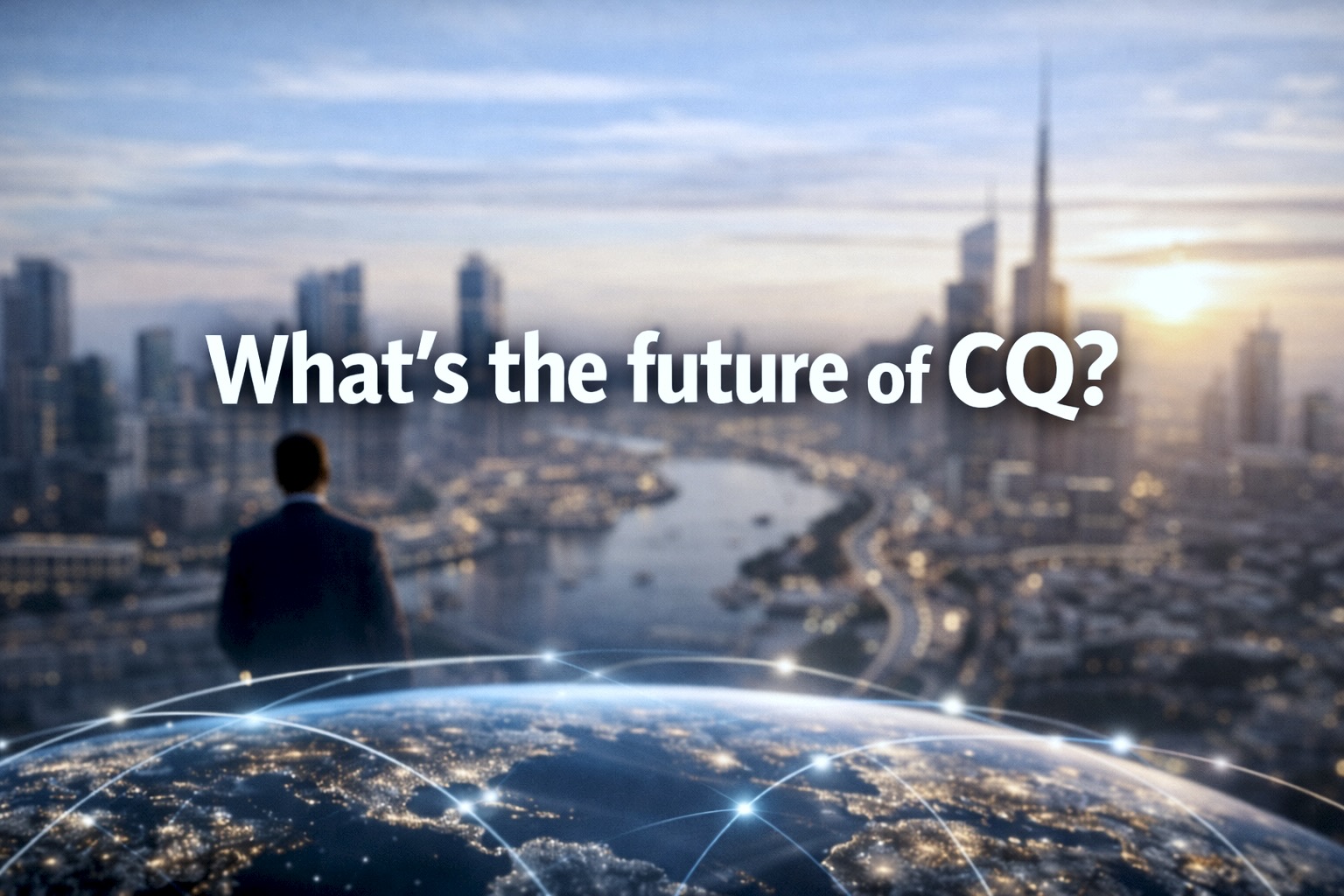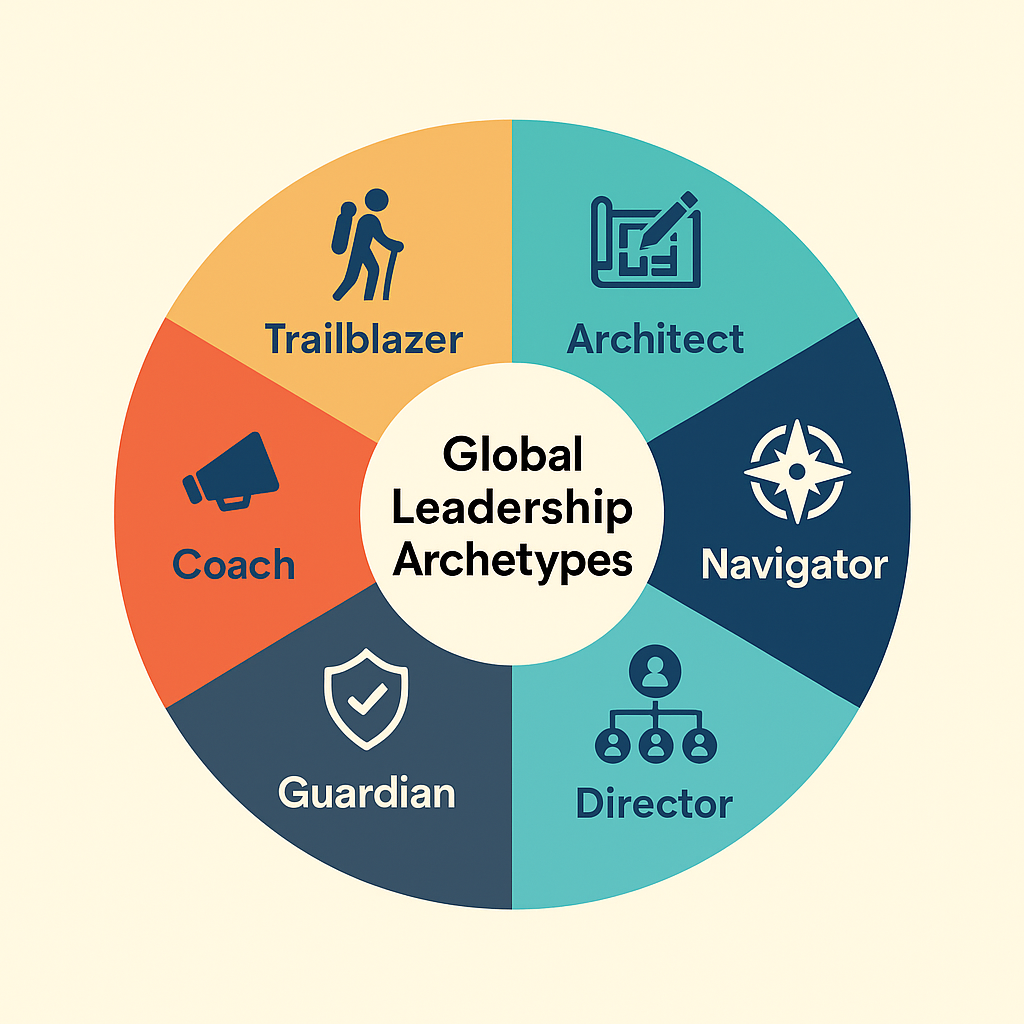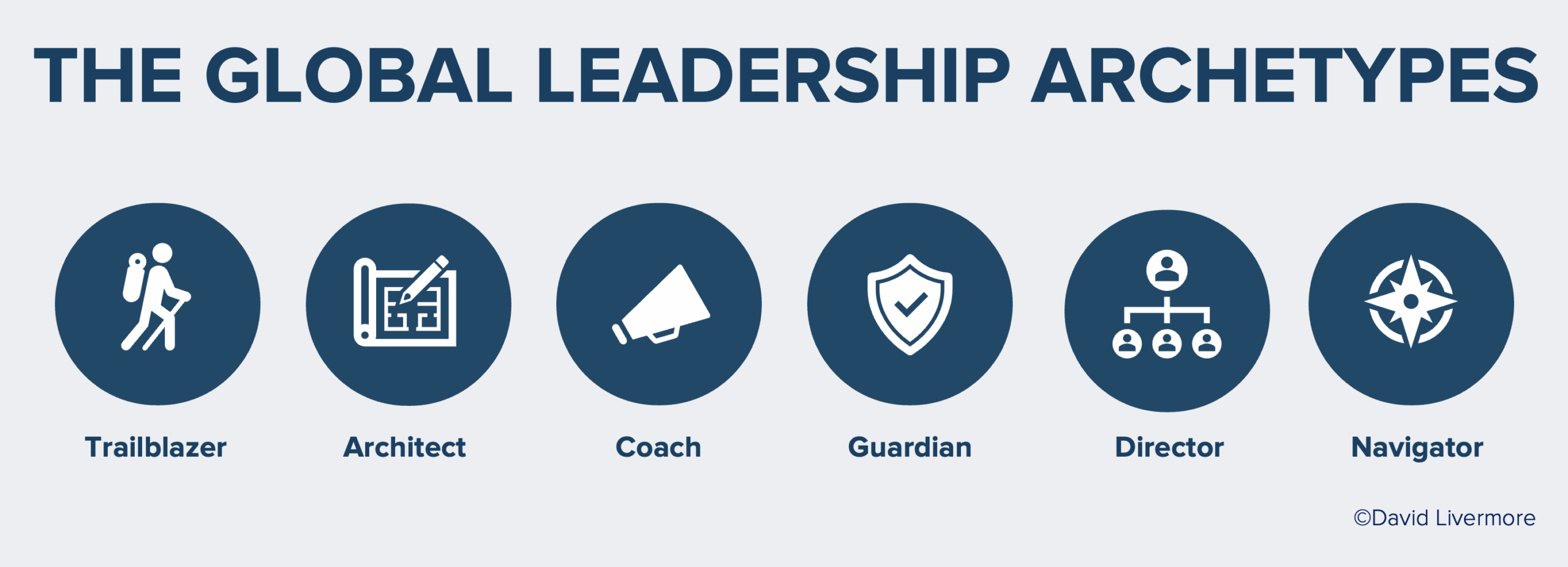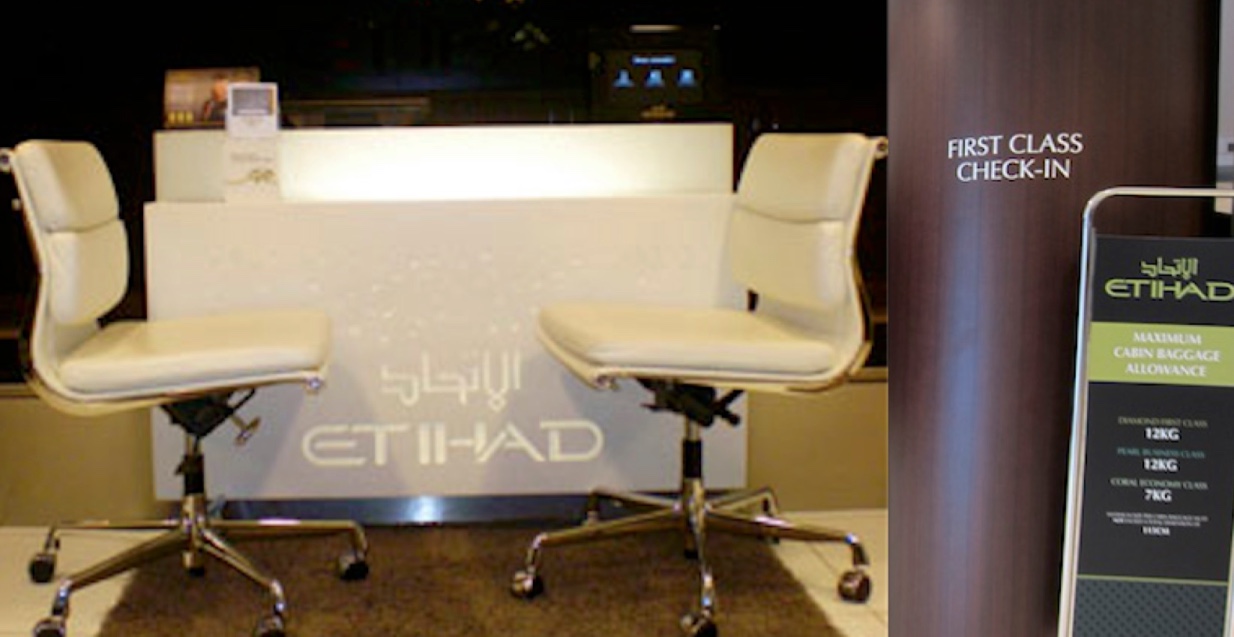Last week I walked into the Mumbai airport to check-in for my flight to Abu Dhabi. I was flying economy but as I entered the queue, the airline representative immediately said, “Right this way sir.” And just like that, I was escorted to the posh lobby and check-in section for Etihad business class passengers.
This hardly sounds like a dilemma, right? I was all too grateful to avoid the long lines winding around to the economy counter. But I felt a bit hypocritical. So I stopped the guy and said, “Actually sir. I’m flying economy today so I can just check in there.” To which he emphatically protested that this was where I belonged.
Throughout the next several steps in the process—baggage check, security screening, passport control, boarding etc.—I was directed through special lines for people “like me” with no one questioning why I was there while holding an ECONOMY boarding pass. This is a stark contrast from what happens when I stand in the premier boarding lines in the U.S. and some of my fellow passengers take it on themselves to police whether an interloper has slipped into the wrong line.
Earlier this month, I was staying in a luxury hotel in Dubai and I was walking with a Jordanian woman who was attending the same conference as me. She was also staying at the hotel and as we walked together to return to our respective guest rooms, the hotel staff stopped her and said, “Excuse me ma’am. This section is only for hotel guests.” She pulled out her room key to verify that she was staying there while I showed them nothing. And as we walked away, she said to me, “They think I’m a prostitute.” What?! I was determined to go back and set the record straight or see if maybe it was just that they recognized me and not her. She laughed and said, “No, No…I’m very sure that’s what they thought. But don’t go talk to them about it. It will just cause me more grief.”
The examples keep going. Some of the hotels where I stay overseas have an x-ray machine you have to walk through as you enter the hotel…unless you look like me. I’m consistently waved around the machine while my Chinese, Indian, and Arab colleagues are directed to go through it. And I’m routinely given the best places to sit in restaurants and cafes and granted access to exclusive lounges I haven’t paid to visit. (And this is one reason my family loves traveling with me!). Before I know it, I start to think I deserve this kind of treatment.
I’m not automatically given these kinds of perks back home. But the benefits I receive are often as real.
- Many of my African American friends worry about whether their sons will be shot dead because they “looked” like they were up to no good.
- People with “white sounding names” on a resume are 50% more likely to receive an interview in a U.S. company.
- The average “attractive male” will earn $250,000 more in his lifetime than the average “unattractive male” will.
- And people with northern U.S. accents are perceived to be smarter and more in charge than people with southern accents are.
My daughter just started film school at USC. She tells me that we’re more likely to see an “other worldly character” in a mainstream movie than we are to see an Asian woman. Aliens have more visibility in the “progressive” world of Hollywood than Asian females do, even though Asians make up 60% of the global population. The on-screen representation of Latinas is similar.
I’m equally troubled by the more subversive forms of bias that benefit me. I was very conscious that I did nothing to merit the business class perks I received last week. I knew I had only paid for an economy ticket. But when I get called back for an interview or look back at my accomplishments, it’s harder to know how much of it I earned and how much of it was enhanced by implicit assumptions that I’m a competent, successful guy.
What’s a culturally intelligent way to respond to these dilemmas? My typical modus operandi in these articles is to offer 4-5 practical takeaways. I’m not short on suggestions for how to respond to these kinds of realities—don’t be a bystander, use privilege to open doors for others, work for systemic change, etc. I’ve written broadly about these points and we teach seminars on it. But I spend so much time researching, teaching, and writing about this topic that it sometimes starts to become depersonalized for me.
So for today, I’m compelled to delay my impulse to teach other people what they should do and instead, to simply sit with the dilemma for a bit. I refuse to become paralyzed with shame for something that is much bigger than me; but neither do I want to too quickly assuage my responsibility. I want to keep feeling the rub of my experience versus the experience of most people in the world. And I never want to lose sight of the shared humanity that exists among all of us—from the sheik to the taxi driver.
Ironically, as I sat at my gate waiting to board my flight to Abu Dhabi, I was staring at an advertisement that says “Brown is in”, with a picture of a Bollywood actress and a magnum ice cream bar. I applaud Unilever for this kind of ad campaign and I hope they expand it to include darker faces (the woman in the ad looks as white as she does brown). But either way, it’s going to take a lot more than an ad campaign or 4 simple steps to address the ways our implicit assumptions limit our potential as individuals, organizations, and the world at large.
Tomorrow, I’ll be back to strategizing ways that cultural intelligence can better address these dilemmas. But for today—I’m sitting with the tension to think critically about how to responsibly steward the privileges I inevitably receive most anywhere I go. And I invite you to do the same.
[Stats from the research on implicit bias at Harvard University and the Media, Diversity and Social Change initiative at University of Southern California]




